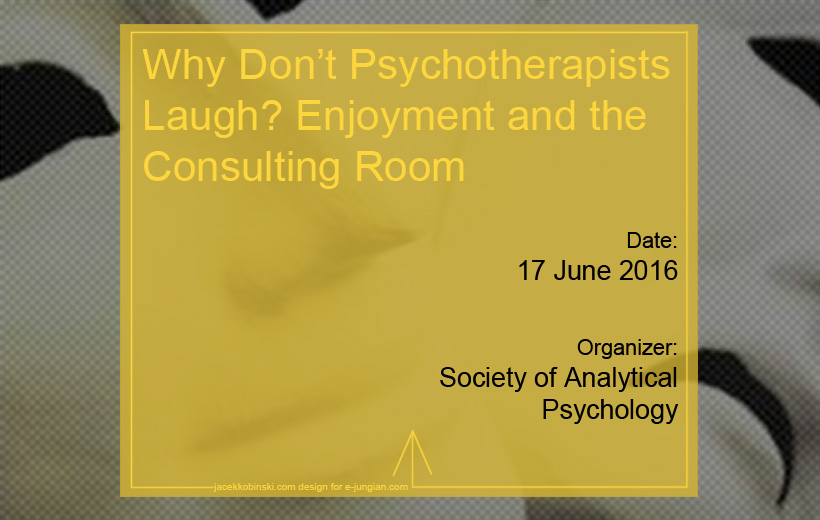
Presented by
The Society of Analytical Psychology
This talk is based on Ann Shearer’s new book, the first study of its kind of the therapeutic value of good humour and enjoyment in psychotherapy. This topic has been almost completely neglected in theoretical and other writings about the therapeutic art. This is the more extraordinary because ‘everyone knows’ the value of humour in helping them deal with not just everyday ups and downs but even life’s most testing trials.
Yet for psychotherapists, the place of humour remains controversial in both theory and practice; there is an institutional bias towards the tragic. The talk will explore some possible reasons for this – ranging from the antithetical relationship between humour’s unpredicabilities and the search for reliable psychotherapeutic theory to the personal characteristics of at least some of the people who are drawn to become psychotherapists.
But what might they and their patients be missing? Historical examples provide clues to the ways in which a recovery of good humour and enjoyment can alleviate suffering and build a more robust attitude to life’s vicissitudes. History also tells of the more dangerous and destructive aspects of humour. In its essential unpredictability, it offers a challenge to psychotherapeutic theory and technique. But even its shadow aspects can be invaluable aids to greater psychological understanding.
Finally, we are brought right back to the consulting room, and to some essential questions about the nature of the ‘therapeutic relationship’, its power shadow and what it is that heals.































